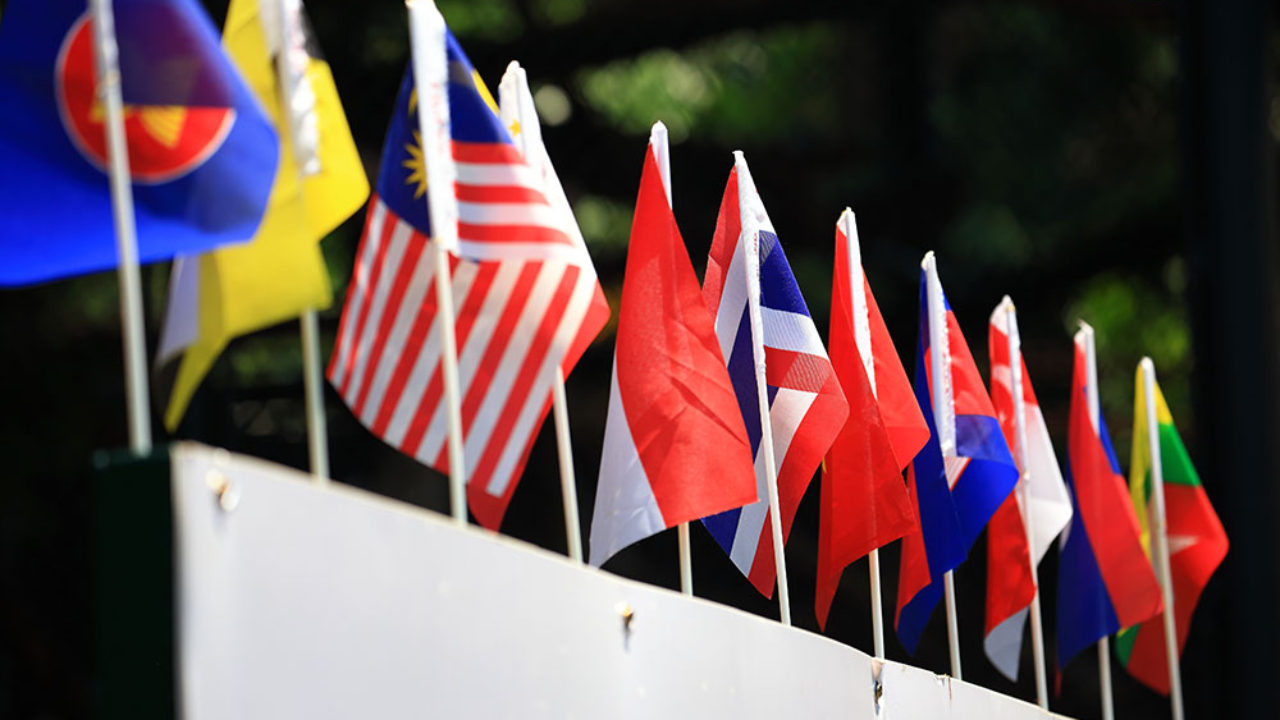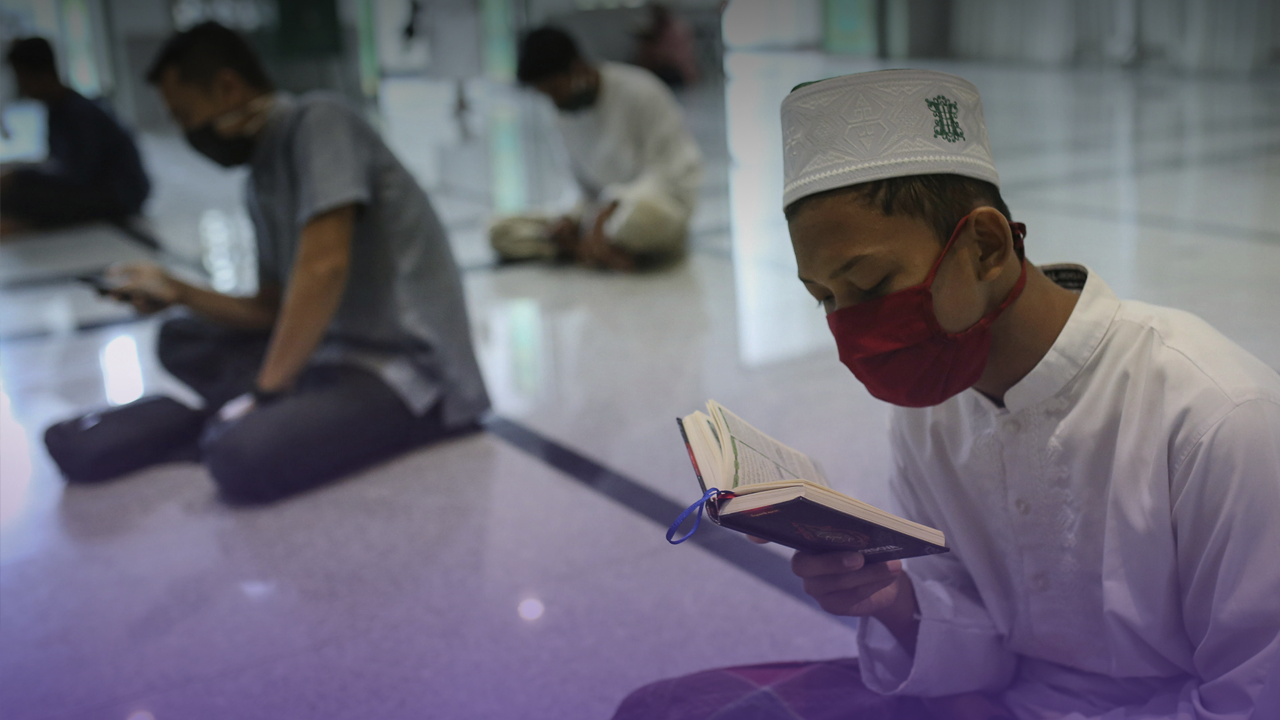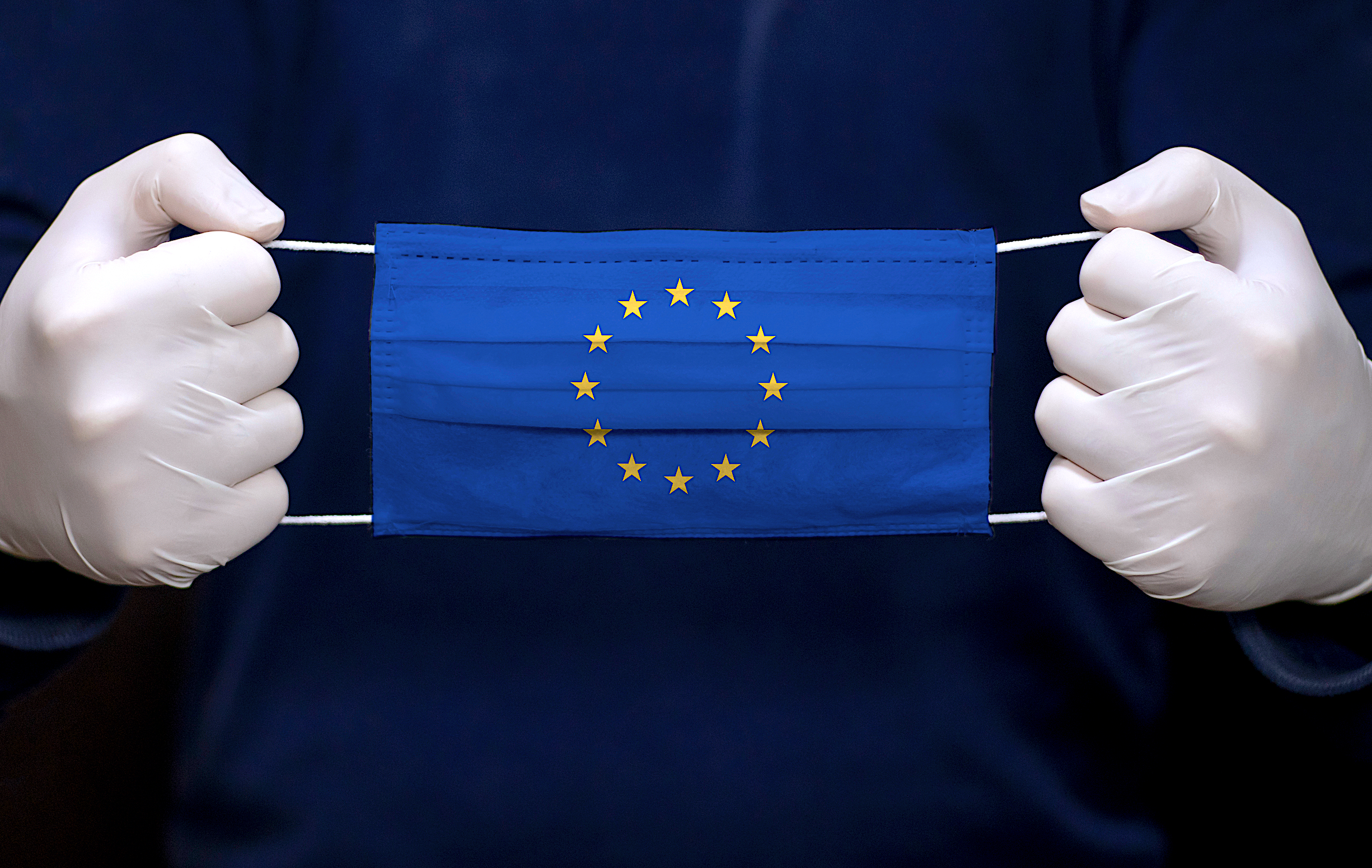COVID-19 pandemic is not only a global health crisis, it has challenged the current state of our democracy. While both Indonesia and South Korea are countries that have been promoting democratic values in its socio-political system, this unprecedented COVID-19 has grown more concerned whether the pandemic has become the cover for the current political leadership’s authoritarian instinct and intent. Both governments have different containment policies and measures in combating COVID-19 and has also resulted in a dissimilar effect on the ground. This condition has sparked questions of whether democracy is the best form of government in handling the pandemic and how well kept are the values of democracy during the pandemic globally and particularly in both countries? What containment policies might be considered as authoritarian and has it significantly impacted citizens’ freedom of rights and expression?
Continue readingVirtual Jakarta Forum on ASEAN-China Relations 2020 – ASEAN-China Cooperation in Dealing with the COVID-19 Pandemic
The Jakarta Forum 2020 will be held on Friday, 29th of May 2020 at 09:00-11:00 GMT+7. This Forum aims to discuss the state of relations between ASEAN member countries and China during this time of duress for all and how to further develop cooperation at the time of the COVID-19 pandemic and envision the relationship after this health crisis ends.
Continue readingThe Consequences of COVID-19 for the Future of Southeast ASIAN and East Asian Economic Integration
East and Southeast Asian Economies have been severely impacted by COVID-19, especially in terms of the flow of goods and services in the region’s global value chains. This infographic is based upon a policy brief created by the Economic Research Institute for ASEAN and East Asia (ERIA) as a recommendation to ASEAN Member States which can be found on ERIA’s website.
Continue readingSpecial Virtual Masterclass – Ocean Environment with H.E. Arif Havas Oegroseno
Our oceans are under the threat of climate change — marked by damage to coral reefs in various parts of the world and ocean acidification. Humans have played a large part in sea damage through pollution from ships, from land, mining at sea, as well as irresponsible fisheries exploitation.
Continue readingThe Disproportionate Effect of COVID-19 on Migrant Workers in ASEAN – Opinion by Camille Bismonte
A significant percentage of all ASEAN workers consist of migrant labor, whose remittances contribute a substantial proportion of GDP in many nations around the region. In light of COVID-19, however, the impact on these migrant workers has been significantly higher — and the consequences devastating. Migrant workers are often the most overlooked population during a crisis such as the pandemic, and they are now being viewed as the primary cause for second-wave infections. If issues involving marginalized communities such as migrant workers are not addressed, this will fuel more virus containment obstacles going forward.
Continue readingVirtual Public Discussion – COVID-19 Update: Indonesia’s Economic and Political Review 2020
With the spreading of COVID-19 outbreak, the beginning of the year 2020 has seen a critical threat to state’s economy. In financial sector, Indonesia is under a threat of flagging rupiah with the currency exchange rate reached 16,625 as of 24 March 2020—the weakest since 1998 crisis. Minister of Finance Sri Mulyani stated that the worst situation of Indonesia’s growth could reach minus 0.4%. The pandemic is also testing political leadership of President Jokowi and his administration. Government’s efforts in dealing with the crisis are being questioned and considered lack of transparency. How has the pandemic impacted the economic and political condition in the last few months? Will political instability follow as caused by health crisis that triggered economy crisis?
Continue readingGlobal Efforts to Discover Covid-19 Vaccine
The efforts of developing the vaccine for COVID-19 has become the top priority for countries around the world to be able to solve this unprecedented global health crisis. Who is involved in the endeavor so far? How much is the cost to develop the vaccine and what are the challenges posing the discovery?
Continue readingVirtual Public Discussion – The Crash of Oil Price: What does it mean for Indonesia?
The combination of the Coronavirus (COVID-19) pandemic and the oil collapse has created new threats to the economy, along with political instability and poverty in countries reliant on oil sales. The oil price war could be traced back to when OPEC producers tried to negotiate a production cut in line with a global demand slowdown and this condition has led to the oil price crash. With lockdown measures being implemented in 187 countries – bringing mobility to a halt- demand for oil has fallen resulted in the global oil price crash.
Continue readingVirtual Public Discussion – Ramadan during COVID-19: How Countries and Communities in Indonesia, the United Kingdom, and Pakistan Ensure a Safe Ramadan amidst the Pandemic
Ramadan is known as the time when gatherings and activities such as communal prayers, communal meals or banquets and pilgrimages are conducted every day amongst family, friends and also the mosque community. However, with the current COVID-19 pandemic, governments and the World Health Organizations (WHO) have taken several measurements to ensure a safe Ramadan practice while maintaining social distancing. As a result, physical worships such as communal prayers and religious sermons have been avoided and prayers are conducted at home using virtual alternatives.
Continue readingEuropean Union (EU)’s ways in Dealing with the COVID-19 Pandemic
Pandemics have plagued civilizations throughout human history, the coronavirus outbreak is having a profoundly negative impact on people’s livelihoods and on economic growth. The European Union is working on all fronts to provide for immediate cash relief to those sectors affected, to make sure they retain productive capacity and to meet emergency needs.
Continue reading








